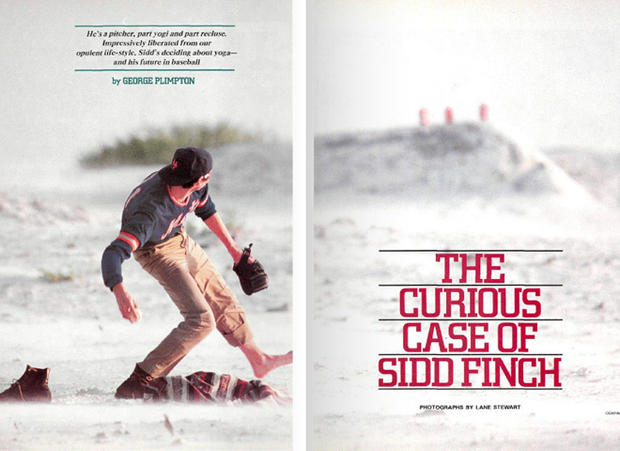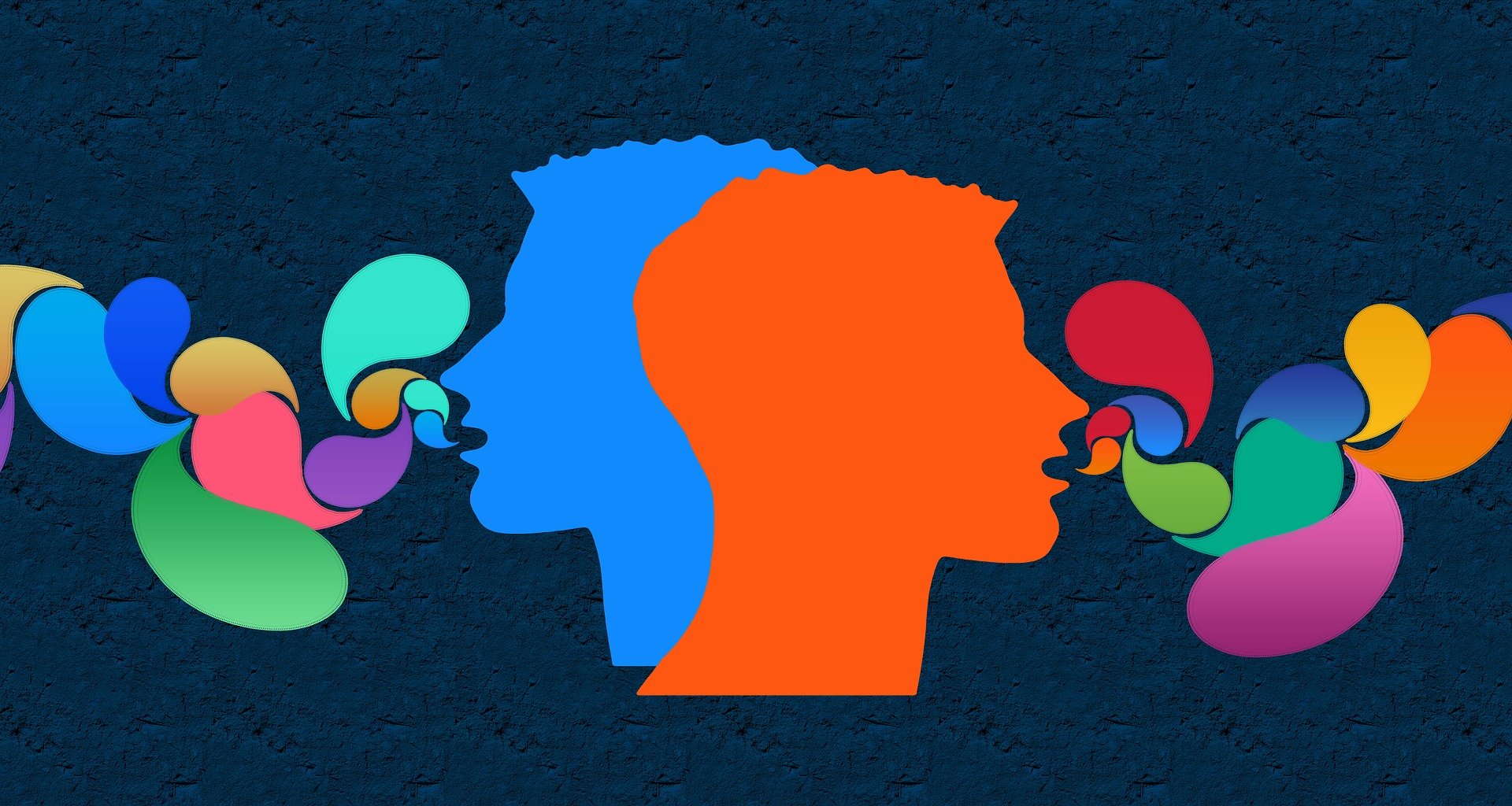Our Perception of Things Depends on What Lens We Chose to Look Through
How we see things is too often something that we don’t give much thought to. We drift through life assuming things we hear and see are reality, when in fact they may not be.
Doug Miller made a statement in Sunday School once about people in Ireland dying after eating potatoes.

There was a time in the 1700s when everyone that ate potatoes in Ireland died.
What’s your first thought after reading this statement? If you’re like most people you’re wondering what was wrong with those potatoes.
The rest of the story, as Paul Harvey would say, was this. There was nothing wrong with the potatoes. Because…everyone who lived in Ireland in the 1700s has died whether that ate potatoes or not. That was more than two hundred years ago, and no one lives that long. The point of the story is this…
A true statement may not be the truth.

It’s easy to make assumptions based on what we hear or see. But is it the truth, the whole truth and nothing but the truth? Being aware that we make prematurely make assumptions about situations is where we begin to understand this problem.
So, what do we do about it?
We are intentional about what lens we use to look at things. We need to ask questions like a little kid and keep on asking them over and over, seeking the truth.
In Luke 4:14-30 Jesus was preaching in His hometown and what He was saying was not what his childhood neighbors expected. He was a carpenter’s son after all. He shouldn’t be saying that He was the fulfillment of the Scripture. That He was God come to earth.
This preconceived perception by people was what lead them to take Him to the edge of a cliff to throw Him over. Verses 28-29
Then Jesus leaves and goes to Capernaum (Luke 6:17-27) There He does preaching and healing and people came from all over to listen and be healed. It was an amazing thing that was happening. These people didn’t want Him to leave.
He told those who were following Him that things were going to be different than they seemed. What they thought was backward.
- People who are poor will be blessed
- People who are hungry will have plenty to eat
- People who are crying will laugh
God will bless you when others hate you.
- You rich people who’ve had an easy life will have struggles
- You well fed people will go hungry
- You who are laughing now will be crying and weeping
The Pharisees and teachers of the Law didn’t like this. They were feeling their power and authority being threatened by Jesus and they began to look for a way to get rid of Him. (Luke 6:6-11)
This is not to say that if you have money, food and are happy that you can’t be blessed. Look at King Solomon. God says is that our blessings come from what we believe and where our focus and loyalty is.
Are we looking at things through a worldly or Heavenly lens?

You can choose to build your life on the solid foundation of Christ or on the shaky one of the world. (Luke 6:46-49) Seek the truth and look at things through a Heavenly lens.














